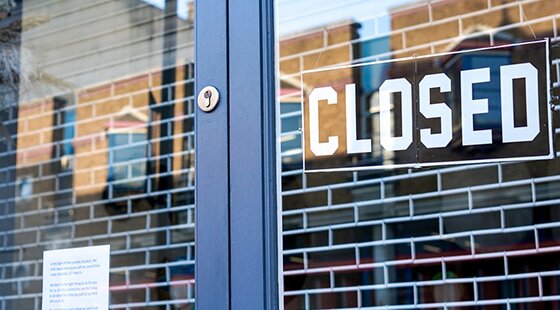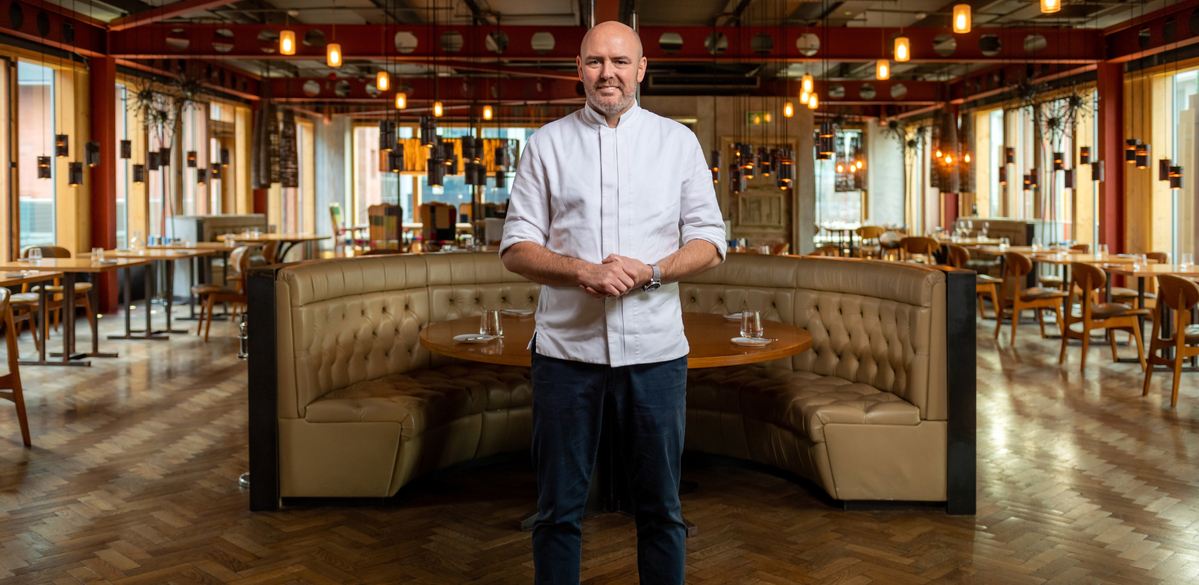Number of licensed hospitality premises falls 8% since the start of the pandemic
The number of licensed premises in Britain has decreased by 9,200 since March 2020, the latest Market Recovery Monitor report from CGA and AlixPartners revealed.
There were just under 106,000 licensed premises in Britain at the end of March 2022, 8% fewer than during the same period two years ago.
Hospitality businesses remain at risk of closure in the months ahead, as the industry tussles through inflation, an end to VAT relief and the expiration of the rent moratorium, the report said.
Data also shows that there is still a divide between opening and closure trends of independent and managed operators, despite some evidence that the gap is narrowing.
Since the start of the pandemic, the total number of independent sites has fallen by 8.7%, as opposed to a 4.8% decline in the managed sector.
The report predicts that inflationary pressures could aggravate this trend.
Some hospitality sub-sectors have seen more closures than others. For example, nightclubs experienced a net decline of 1.7% in the first quarter of 2022 and the final quarter of 2021, whereas bars and casual dining restaurants have witnessed a modest growth.
Karl Chessell, CGA’s director for hospitality operators and food, EMEA, said: “Two years on from the start of the pandemic, our Market Recovery Monitor confirms the remarkable resilience of many hospitality businesses. Consumer demand and investor confidence remain strong, and it has been encouraging to see a stream of new entrants into the market in early 2022.
“But while they have kept numbers of licensed premises nearly flat on the surface, there is a lot of turmoil going on underneath. Heavy inflationary pressures and staffing and supply issues are making conditions extremely difficult, and we can expect to see a steady flow of both closures and new openings as the year goes on.”
Graeme Smith, a managing director at AlixPartners, added: “While it is encouraging to see a smaller decline in sites than we have in past quarters – and robust performances from some within the industry – the sector is still 9,200 sites lighter than when we entered the pandemic two years ago.
“Now, the significant additional cost pressures could lead to even greater churn, impacting independents, sub-scale businesses, and those with less-than-compelling consumer propositions and weaker brands in particular.”
Further details of the report can be accessed here.
*Image: Dani Berszt / Shutterstock *















